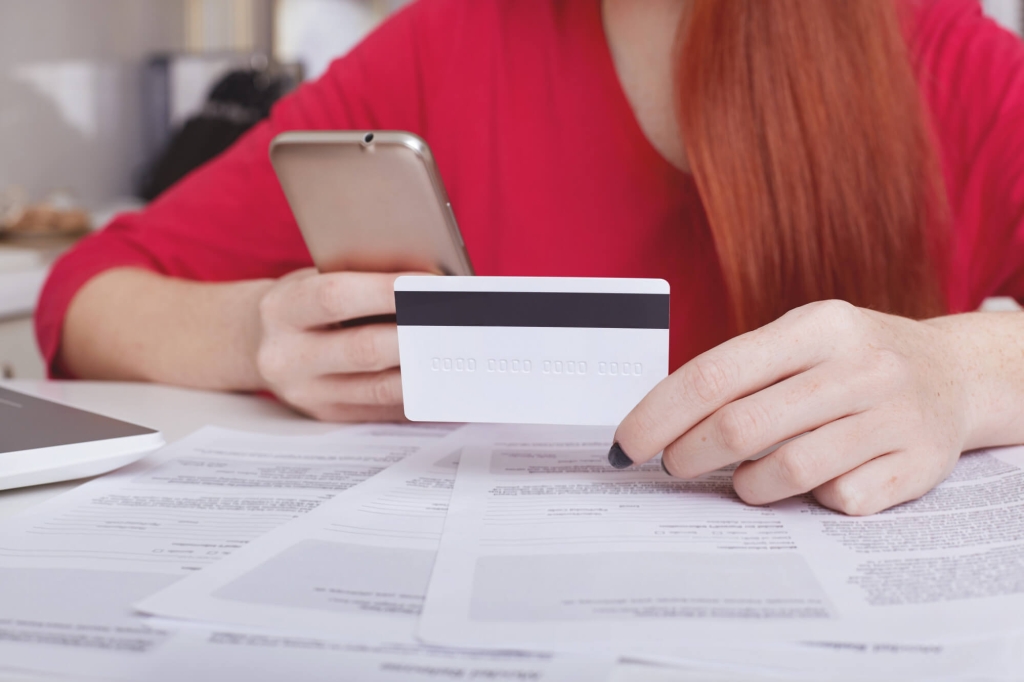
Knowing how long a credit card refund takes is important to avoid falling for online scams.
Below, we will show you how long a credit card chargeback takes and also how it can be done. Keep reading.
As a user of credit cards or other banking products, your ability to issue a chargeback is one of the most important tools you have to resolve billing disputes and undo fraud.
This is why it is important to always buy from reliable places, and try to avoid this hassle for your card. Now find out how long a credit card refund takes.

When talking about how long a refund takes, credit card, If you have been scammed or received an undue charge, in most cases the refund will be processed within 24 hours, although this period may extend to up to 8 days.
If you wish to receive a refund due to purchase regret, it is essential to know that it is not always immediate. In cases like this, it may take a few days for the situation to be resolved. Cases like this can take up to two invoices to be completed.
An example of this is requesting a refund in November, it will probably only be done in December or January.
It is also worth remembering that if your purchases were made online, the refund may take a little longer, as an analysis will be made of your conditions and the product return period.
Chargeback is an action taken by a bank to reverse electronic payments. It involves reversing a payment and triggering a dispute resolution process.
Chargebacks typically occur between a merchant and a credit card issuing bank or a consumer. However, chargebacks are sometimes issued against consumers, for example in the case of an incorrect ATM deposit.
Chargebacks are typically used to reverse a payment in the event of a billing error, unauthorized use of a credit card, or failure to deliver a product or service.
This term is often used by experienced credit card issuers to refer to the entire process of disputing a credit card charge, receiving an account credit, and returning the disputed amount to the merchant.

After you know how long a credit card refund takes, learn how to send one.
To dispute a charge and submit a refund, you must identify the transaction in question and work with your credit card issuer to begin the process.
Regardless of how you initiate your chargeback request, your bank will guide you through providing the necessary information.
Often, the easiest way to submit a chargeback request is through your bank’s website. Many larger banks will allow you to initiate or process most disputes entirely online.
Typically, you can dispute a charge through the webpage that lists all of your transactions. If you can't find it easily, search your bank's online help pages for “Dispute a Chargeback” or “Chargeback.”
While many chargebacks can be initiated online, your bank may require a phone call for large chargebacks or for chargebacks that require additional documentation.
Some banks also offer an online customer service chat that can assist you. Depending on the nature of your chargeback request, your credit card company may also ask you to submit supporting documentation by mail or through a form on their website.
When it comes to how long does a credit card chargeback take, after you submit your request, your bank will provide you with written confirmation of your request. Your bank will also either issue a temporary credit to your account for the disputed amount or pause mandatory payments and interest on the disputed amount.
Sometimes the credit card issuer will simply issue an account credit for the disputed amount.
This happens most often with small purchases, where the overhead of contacting the merchant and investigating the chargeback would be much greater than the purchase value.
Most of the time, after you collect your reason for disputing the charge and supporting documentation, your bank will send your chargeback to the merchant.
Your bank will provide you with the transaction information, the stated reason for requesting the chargeback, and any supporting information that documents your claim. The merchant and your bank will then have a period of time, usually around 10 days, to respond to the bank's inquiry.
If the chargeback is accepted or not disputed, your bank will notify you that your charge dispute has been closed and will provide you with an account credit to offset the disputed charge.
However, if the merchant responds that the charge is valid and provides documentation to support their claim, your bank will evaluate the information provided by the merchant and determine whether to issue a credit for the disputed charge.
Once the bank has made its decision, it will provide this to you in writing, along with a credit to your account if your dispute is successful. successful.
If you disagree with your bank's decision, you can submit a second chargeback before proceeding with your bank's dispute resolution process.